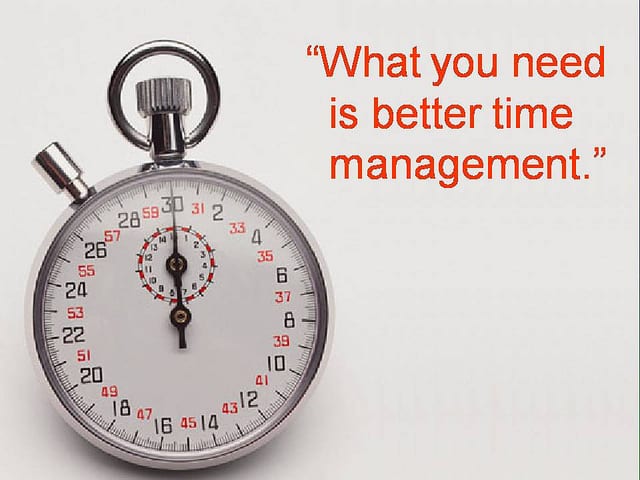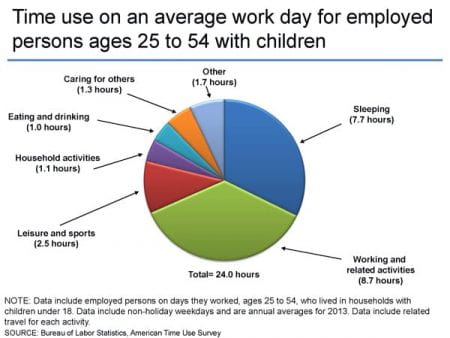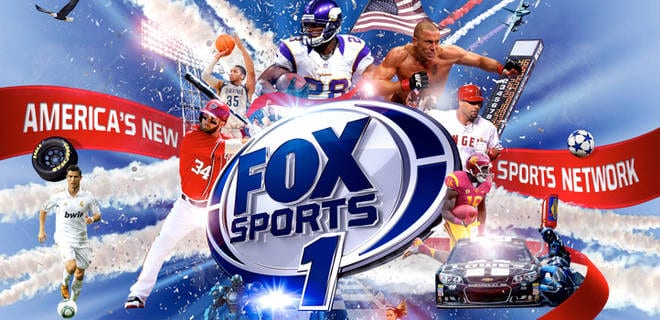Students: Finding your Perfect Sports Business Employer
It’s your senior year. You’ve been through hundreds of hours of classroom instruction, completed multiple industry internships, and built your network extremely well. You’ve taken advantage of every opportunity. You are ready to jump head first into a full-time position within the sports business.
Now that you’re ready for the real world, how will you choose your perfect employer?
This is a simple question I ask every job candidate I interview, yet I’ve found it is very hard for many to answer with ease.
How can you find your perfect fit? Be honest with yourself, and decide what job characteristics are most important to you. You’ll find many of the biggest factors below.
Coaching
Who will you report to? Personally, I believe this is the most important aspect of finding the right fit. Your first boss in the sports business should be someone who will actively coach you in your first role.
They should genuinely care about your long-term success and develop a personalized plan to help you accomplish your goals. You should expect them to push you to accomplish your goals while also serving as a resource and support system along the way.
This individual should be proactive in providing feedback, as it is important for you to consistently understand your strengths and areas for improvement. They should know how to best deliver feedback, and how they can assist you in applying it in real time.
Finally, their reputation matters! It is important that your first supervisor is well respected and well connected as, more often than not; they are your primary connection to the rest of the industry.
Culture
Simply put, culture matters. Some questions to consider asking your future employer:
- Does the leadership team promote and foster success at every level?
- What type of traditions are unique to their organization?
- Are best practices both shared and celebrated?
- Do employees truly root for one another?
- Is the organization proactive in seeking new opportunities and trying new ideas?
- Is executive leadership accessible?
- Do business departments collaborate well across the board, or do they operate in “silos?”
Training Program
You will learn more in your first 12 months in the business than you can ever imagine. Your training program is vital not only to your success in your first year, but it serves as the foundation for your entire career.
In Philadelphia, new sales executives with the 76ers go through an intensive two-week training program before they begin reaching out to prospective ticket buyers. This ensures they are truly ready to communicate with prospects, while also giving them the confidence to succeed early on.
While your initial training is important, consistent ongoing training is equally as crucial. Just like professional athletes, you must continue to fine tune your craft and work on making yourself better everyday.
In Philadelphia, the sales leadership team provides consistent ongoing training to their staff every Wednesday and Thursday morning. This training focuses on different topics each week, keeping in line with the current sales process in order to give members of the sales team the tools necessary to succeed.
Opportunity for Growth
The best hiring managers aren’t looking for the next entry-level candidate. They’re looking for someone to groom to be the next great sports business executive.
In order to do so, they must provide opportunities for entry-level employees to grow within the organization. Therefore, you should ensure these types of opportunities exist when applying for your first position.
Further, be sure to ask about additional opportunities that may exist after your first promotion. Does the organization you’re interviewing with offer their senior level employees the opportunity to further grow their careers through “track” programs? Remember, career growth doesn’t end after your first promotion!
Exposure
Your first job in the sports business should serve as an extension of your college curriculum. You should constantly look for opportunities to learn more about the industry.
In order to do gain this knowledge, you’ll undoubtedly need exposure to other members of the organization you work for.
Does your potential employer facilitate these opportunities? Are you given access to materials to broaden your knowledge of the business?
Pay Scale
Unless you’re a 20-year-old who can hit a 100-mph fastball, throw a 50-yard touchdown pass, or guard an NBA All-Star, chances are you’re never going to get rich off of your first job in professional sports. A typical first year sports business executive in ticket sales used to be less than $35,000 (when this was first written), but better offers today (2021) are in the $40s with a chance to make more on commissions and bonuses depending on the position and level of success.
Should an additional few thousand dollars be the deciding factor on which job you take? My advice? It should not. Make sure every other category measures up before relying on pay scale to make your decision.
For those looking to learn more about sports business compensation, click here to see inside sales rep salaries from Ziprecruiter of roughly $45k or $22/hour. The question really isn’t what your starting salary is; the question is where are you going?
Location
This factor is entirely personal and unique to every one. One thing is for sure, having the ability to move out of your hometown, city, or state drastically opens up your opportunities. There are 122 professional teams within the four major American sport leagues, or over 140 counting MLS.
Limiting yourself to 2-3 throughout your career can inhibit your growth. Nonetheless, it is important to find what makes most sense for your personal situation. Just know that you’ll spend about one-half of your waking hours with people you work with (see the graph in the cover photo). That’s a lot of time to spend with people if you pick the “right” location, but the wrong job.












